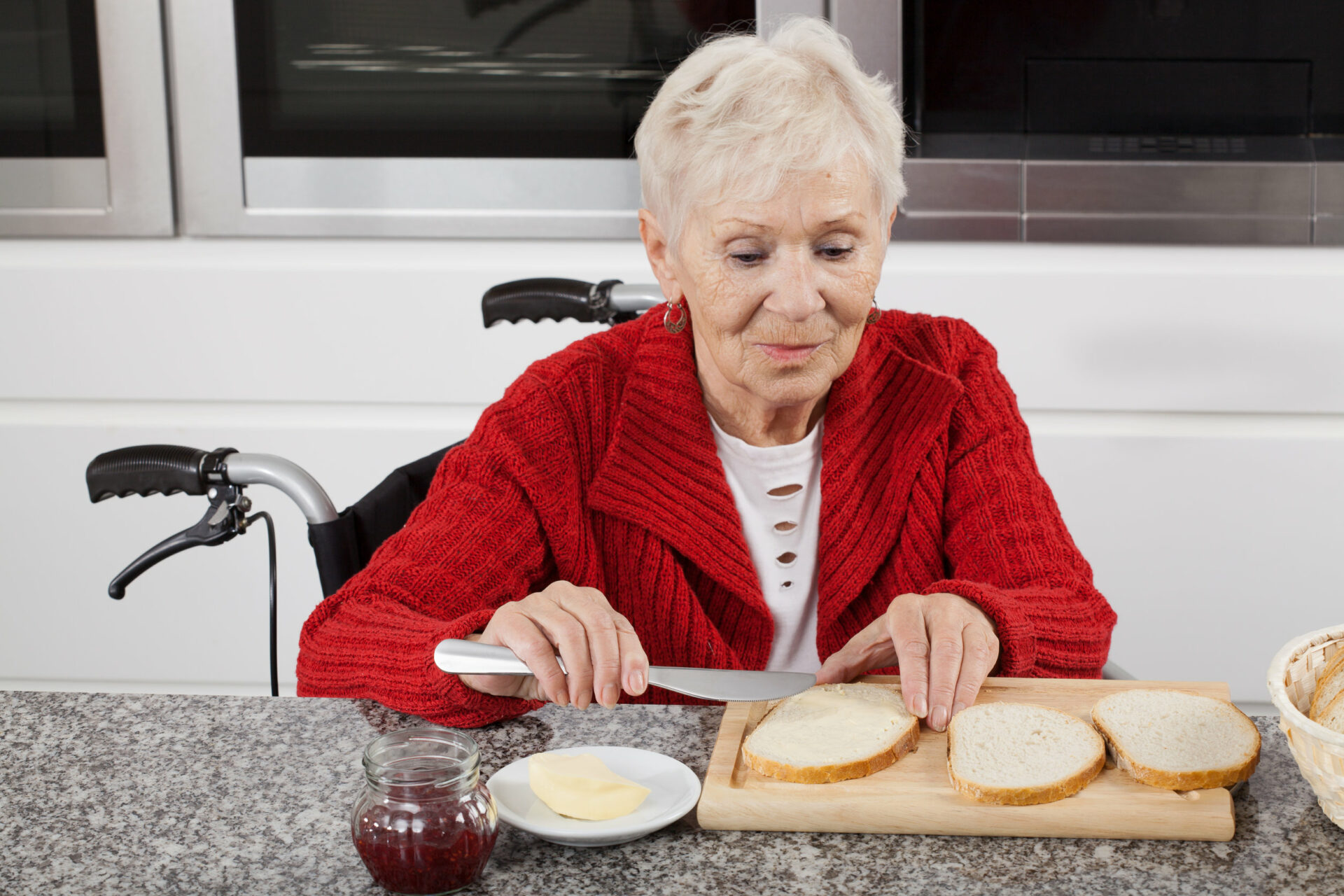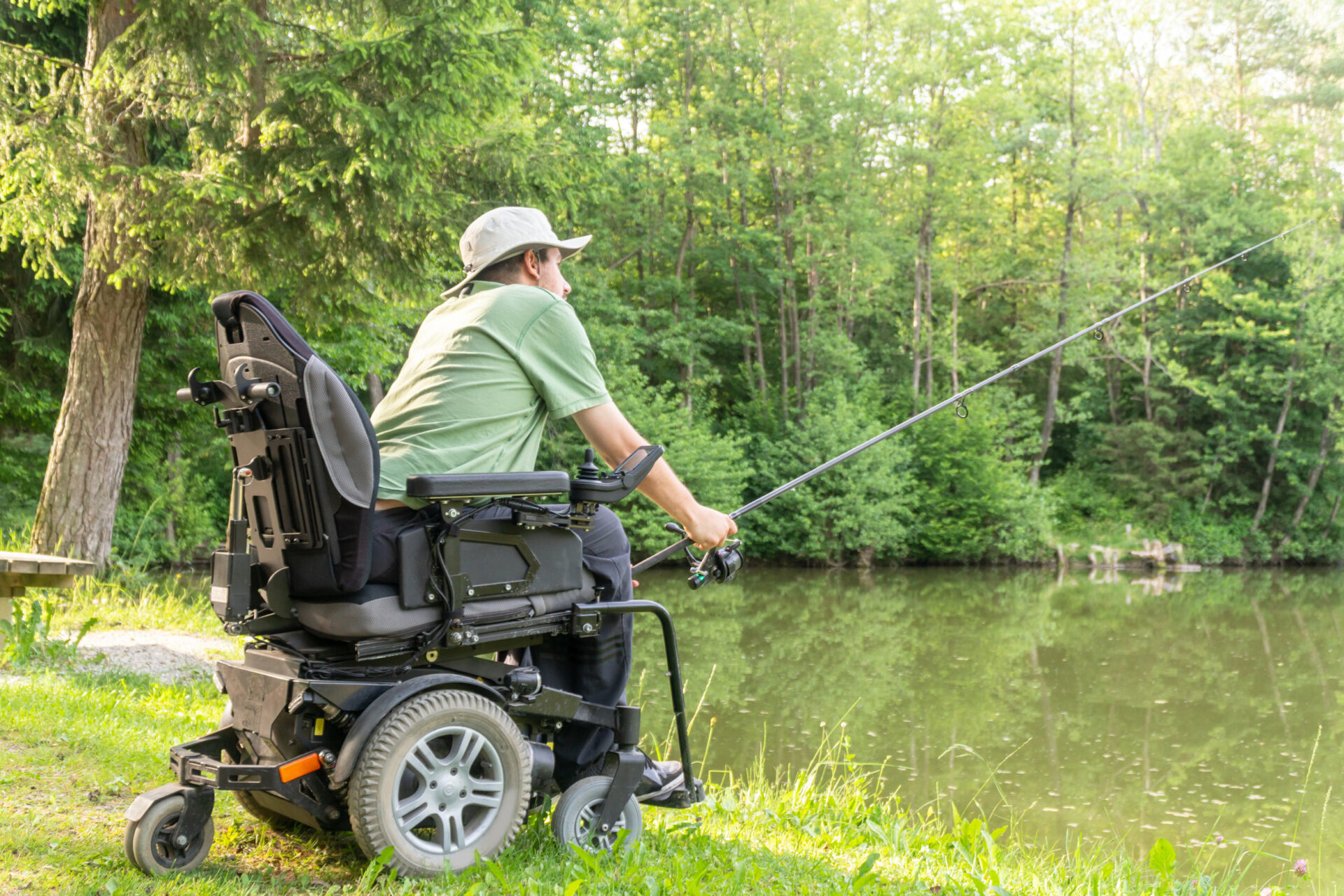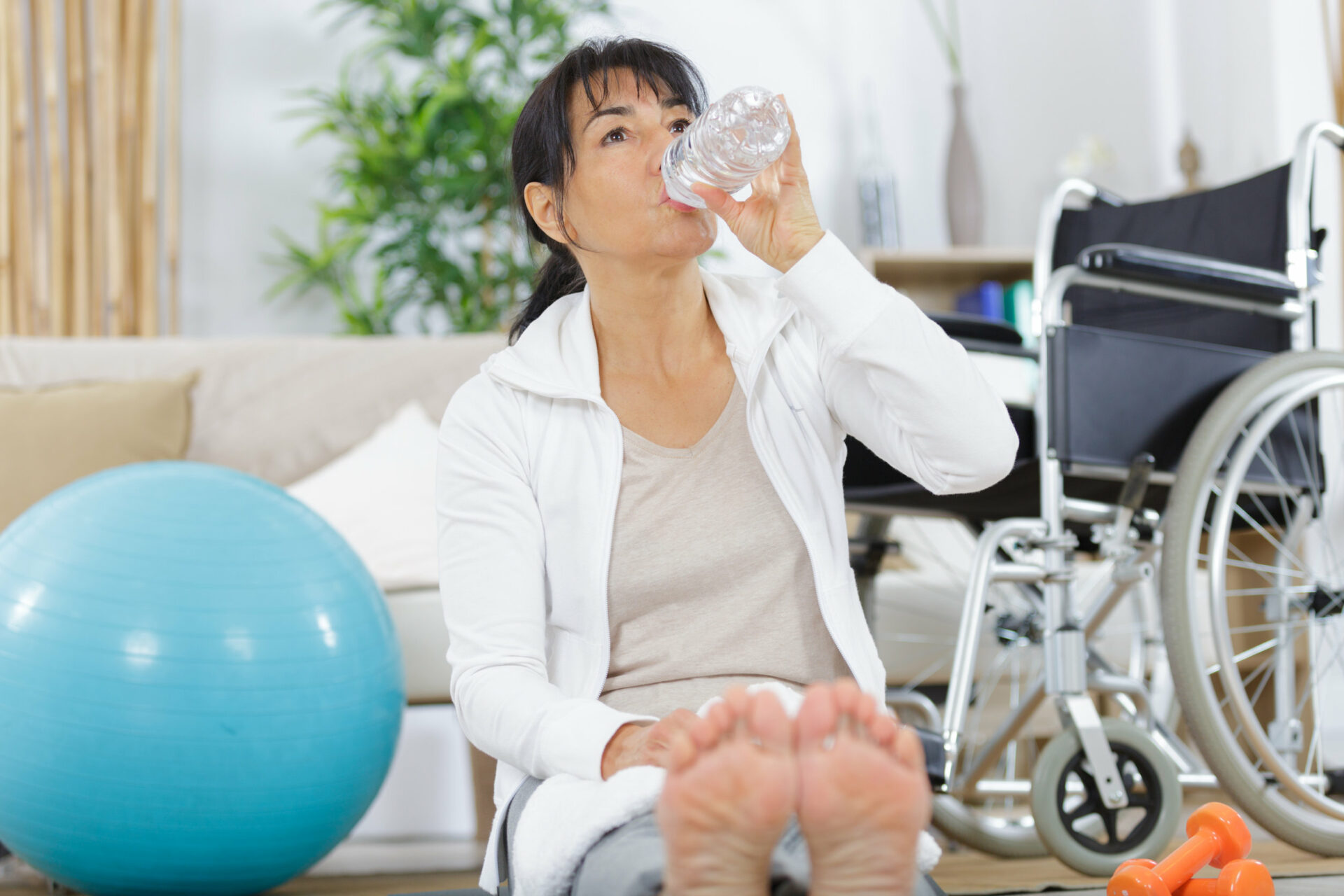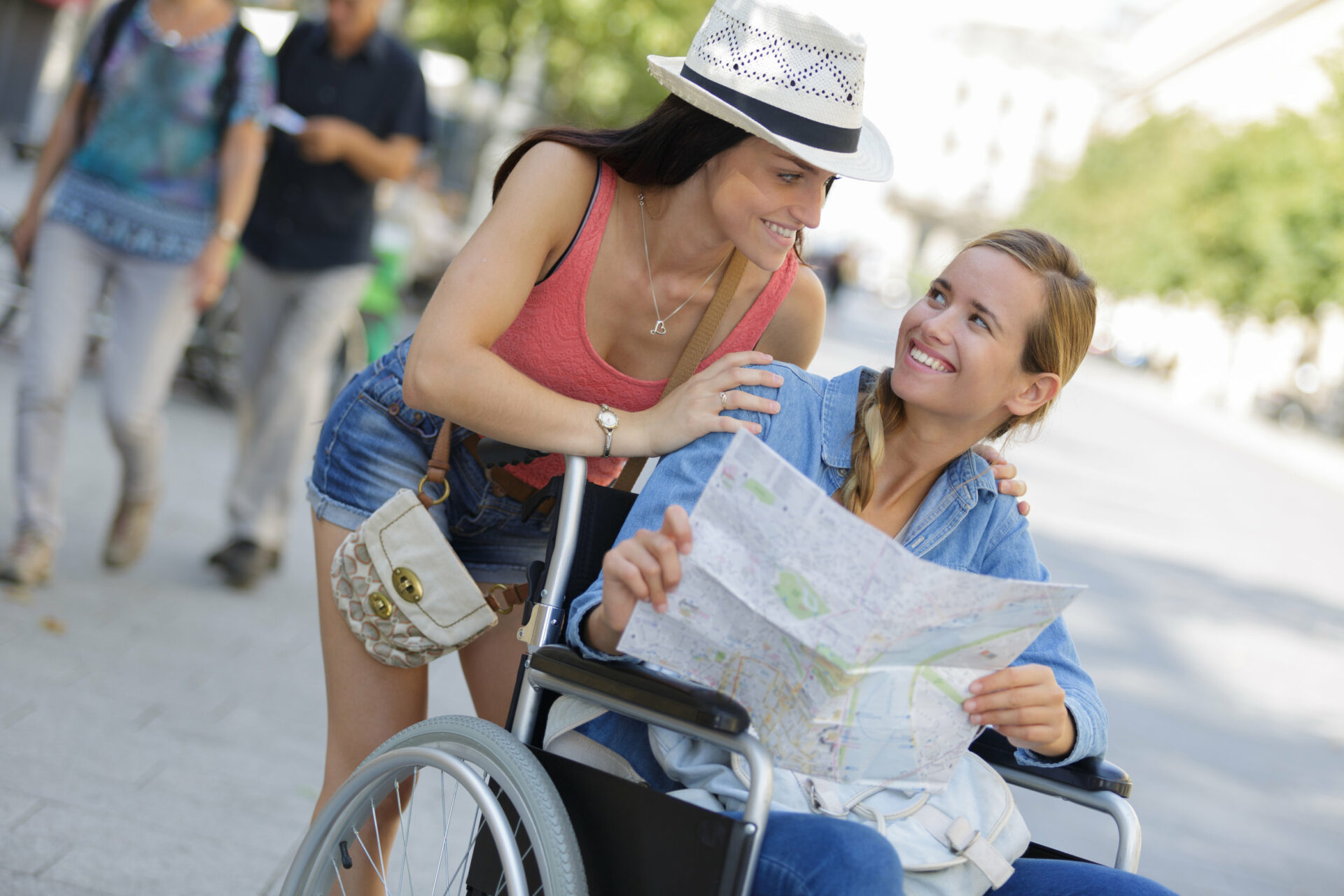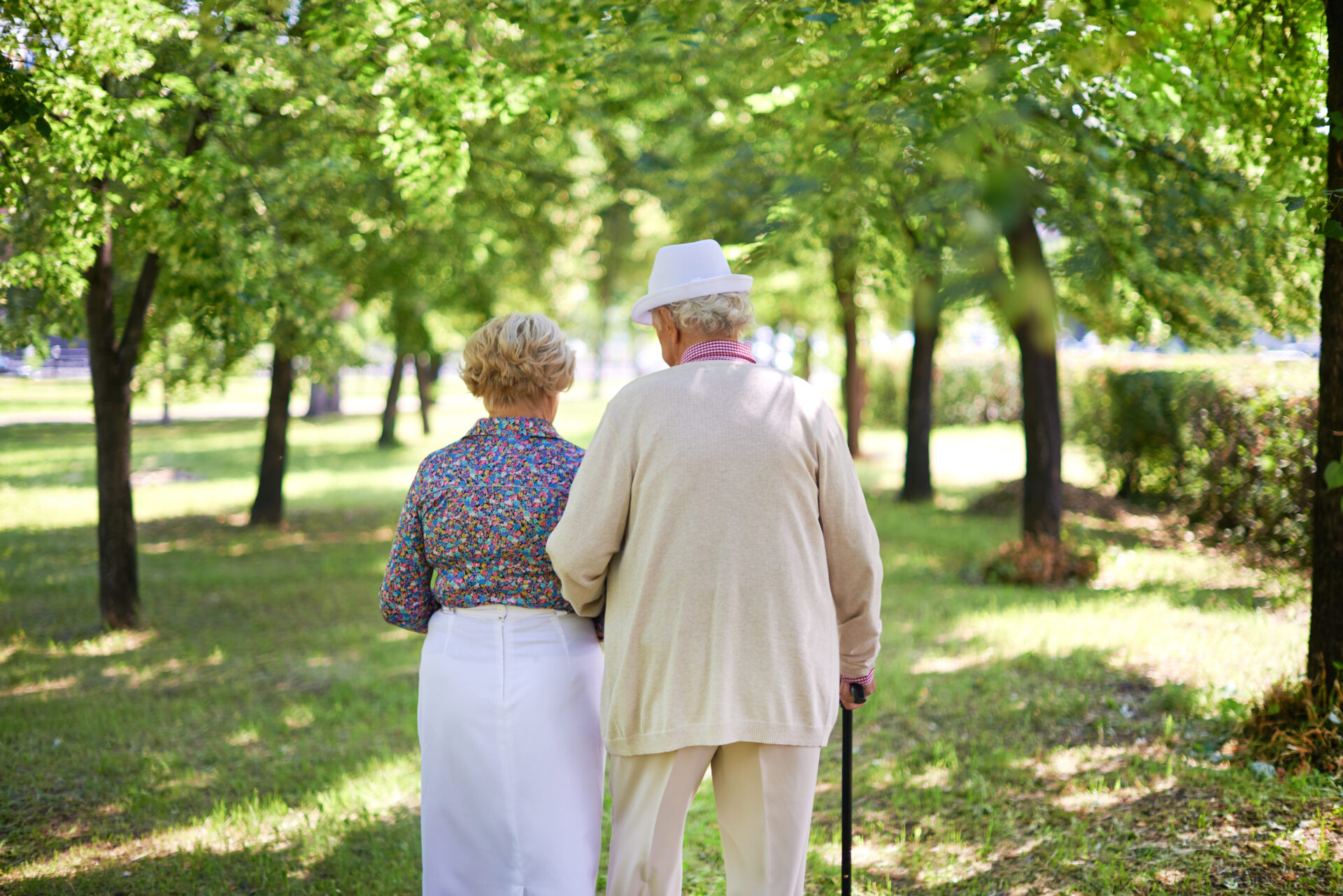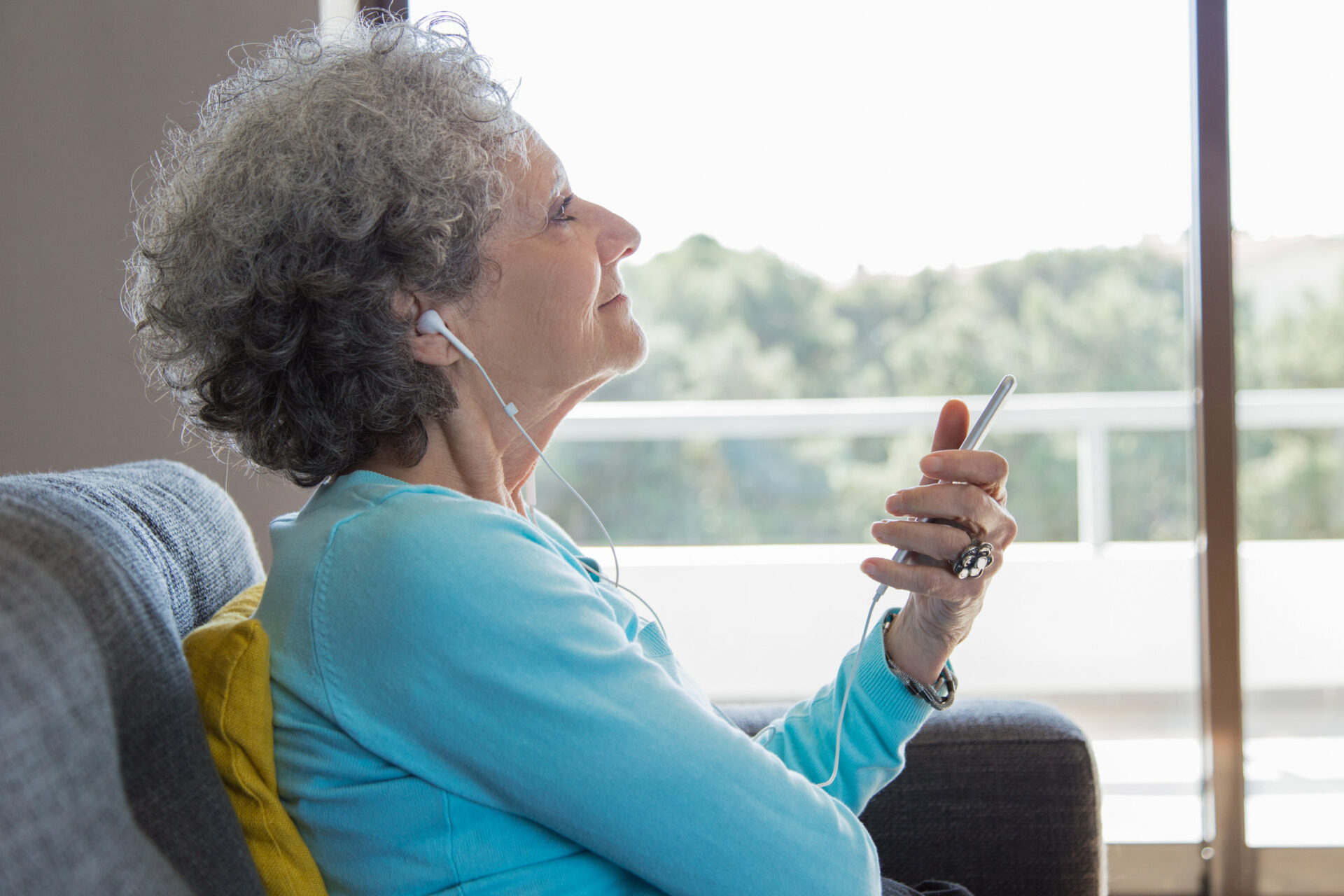Are you an older adult struggling with sleeping? These tips can help you with age-related sleep difficulties, overcome insomnia, and get a good night’s rest. As we age, we experience regular changes in our sleep patterns. You could become sleepy earlier in the day, wake up earlier, or feel you are not getting a good night’s rest. However, insomnia symptoms and waking up tired every day are not a normal part of aging. Sleep remains just as vital a part of your mental and physical health as you age.
When we sleep our body has the opportunity to repair any cell damage and refresh the immune system. A good night’s sleep also helps you mentally by improving concentration and memory formation. If aging adults do not sleep well, they are likely to feel depressed and suffer from memory and attention problems, nighttime falls, and excessive daytime sleepiness.
It is essential you figure out the underlying causes of your sleep difficulties. We hope the following tips will help you overcome and identify age-related sleep issues and improve your waking life as a result.
How much sleep do aging adults need?
According to an article on www.caring.com (a website dedicated to helping with senior care), older adults need 7-9 hours of sleep a night. However, if you wake up feeling rested, yet you slept less than the recommended hours, that is more important than the hours you sleep. Indicators you are not getting enough sleep are feeling tired during the day and waking up not feeling rested.
Tip 1: Identify the underlying issues causing your insomnia
- Do you struggle with chronic worrying or anxiety?
- Have you recently been through a traumatic experience?
- Do you have pain or health problems affecting your sleep?
- Are you under immense stress?
- Do you feel depressed?
- Are you on any medications that affect your sleep?
If you answer yes to any of these questions, seek help from a therapist and your doctor. They understand the importance of sleep and can help you work through problems, change your medication, or advise on medical issues interrupting your sleep.
Tip 2: Develop better sleep habits.
Naturally, boost your melatonin levels by turning off the computer or television an hour before bed and decreasing artificial lights. You could even switch to low-wattage bulbs in lamps if you can still see well with the lower lighting.
Make sure your bedroom is cool, dark, and quiet. As you get older, you become more sensitive to heat and light. You can wear a sleep mask to shut out light and invest in a sound machine if complete silence bothers you. You should also make sure your bed is inviting and comfortable. Good linens, soft pillows, and a warm comforter can make a huge difference.
Set up a bedtime routine. By practicing deep mediation and deep breathing techniques or taking a warm bath every night before bed, your body will begin to relax each evening naturally at bedtime.
Invest in a bed rail. If you worry each night, you could fall out of bed and hurt yourself, it is hard to fall asleep. Install a bed rail to give you better peace of mind.
Tip 3: Remember diet and exercise help improve sleep.
- Avoid caffeine and chocolate late in the day.
- Do not go to bed hungry. Have a light snack before you get into bed.
- Decrease sugary foods from your diet.
- Minimize the amount of liquid you drink before sleep. About an hour before bedtime, be mindful of how much fluid you drink, so you do not wake up often to use the bathroom at night.
We hope these tips will help you feel more rested each day. At Next Day Access, we work to help aging adults every day by offering products that help you stay safe and comfortable while living independently. If you are in need of accessibility devices such as bedrails, or mobility equipment like scooters or wheelchairs, we are the place to call. We will even come to your house for a complimentary consultation. Feel free to contact us today.






